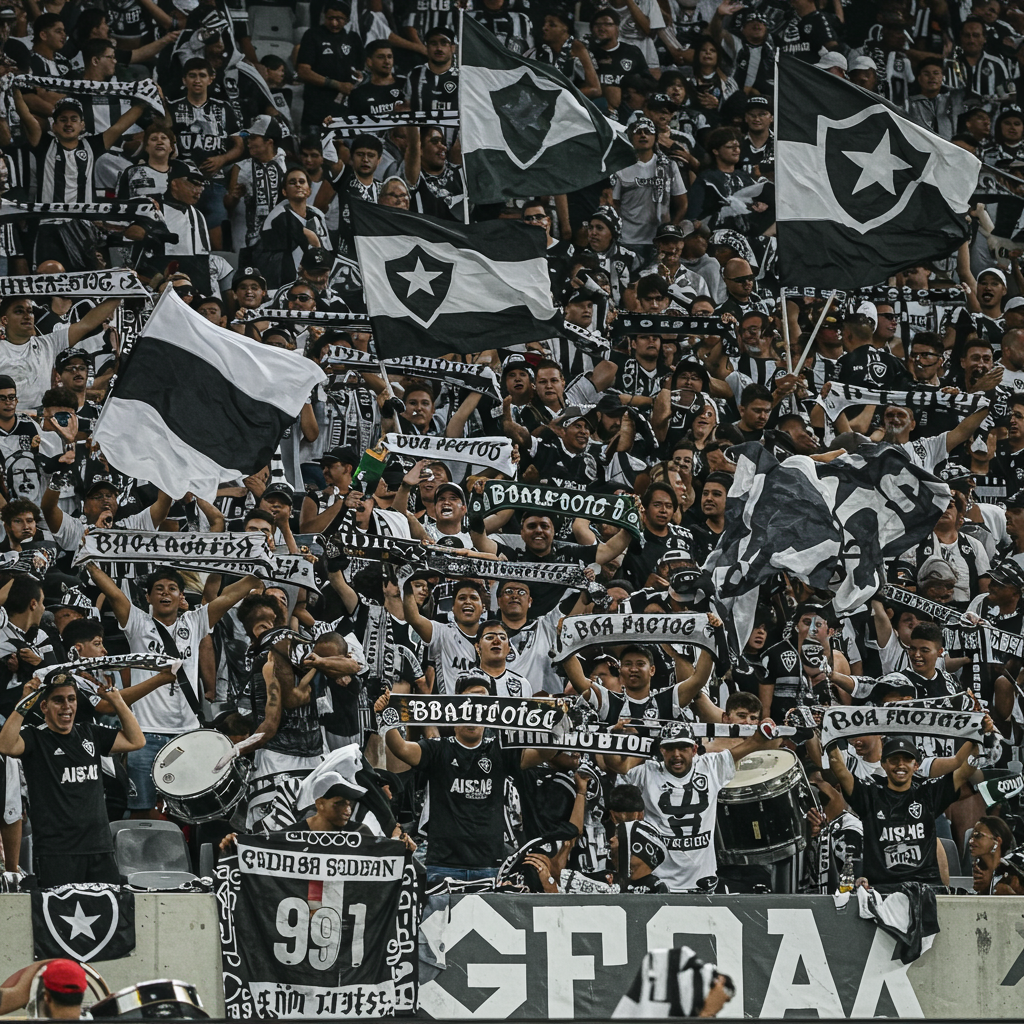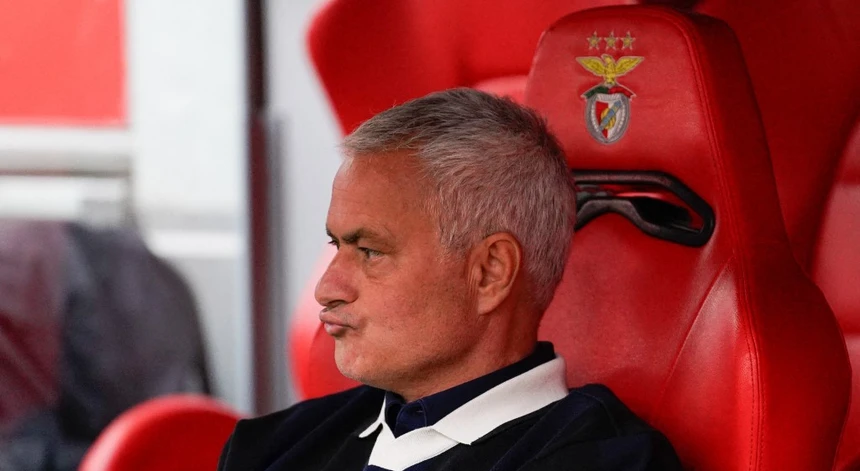The sound arrived first – the insistent pulse of drums, the sharp rat-tat-tat of the pandeiro, the deep, resonant thunder of the surdo. As the rhythm section moved from the concourse into the stands, a sea of black and white banners unfurled, draped over railings and barriers, powerful declarations of unwavering fan loyalty.
This was the backdrop for Botafogo’s audacious challenge. They came carrying a precious cargo: hope. Hope that their team, the champions of South America, could somehow bloody the nose of Paris Saint-Germain, undoubtedly one of Europe’s most formidable sides. They knew the immense difficulty, the myriad ways PSG could inflict damage, yet they clung to the belief that they possessed a puncher’s chance.
“Nothing is impossible,” central midfielder Allan had declared on the eve of the clash, articulating the team’s defiant spirit. Coach Renato Paiva put it even more starkly, borrowing a potent metaphor: “The cemetery of football is full of favourites.”
Botafogo’s journey to this point in the FIFA Club World Cup hadn’t been entirely smooth, having edged past Seattle Sounders just 2-1 in their opener – a performance Paiva had described as creating a “funereal” atmosphere in the dressing room. But here, under the bright California sunshine, they started with a newfound intensity, seemingly determined to prove a point, perhaps most importantly, to themselves.
As expected, PSG dominated possession. Yet, they found themselves repeatedly running headfirst into a resolute and unyielding Botafogo defence. The central defensive pairing, Alexander Barboza and the young Jair Cunha (just 20), were immense, forming a formidable brick wall. Ahead of them, midfielders Gregore, Marlon Freitas, and Allan acted like relentless bear traps, snapping away at every loose ball and stifling PSG’s rhythm. Paris coach Luis Enrique had predicted Botafogo would pose “different problems than European teams,” and he was proven right. The Brazilian side sat deep, absorbed pressure, and endured the physical demands of the encounter.
Botafogo knew scoring opportunities would be scarce. In the end, they only needed one. Their creative spark, playmaker Jefferson Savarino – affectionately dubbed “Our magician” by teammate Alex Telles – conjured a moment of brilliance. He pulled a rabbit out of the hat with a perfectly weighted pass that sliced through the Parisian defence, releasing striker Igor Jesus. Jesus made no mistake, firing home via a deflection before careening into the ecstatic embrace of the front rows of fans, beyond delirious with joy.
Hope began its slow, powerful transformation into genuine belief. Botafogo successfully navigated the remaining minutes of the first half and even threatened again through Savarino shortly after the break. PSG responded by bringing on their “cavalry” from the bench, desperately trying to inject life into their attack, but the pattern of the game held firm: PSG knocking insistently, Botafogo steadfastly refusing to open the door.
To truly appreciate the magnitude of this victory, some context is essential. While Botafogo are the current champions of Brazil and South America, they are emphatically not considered a traditional giant club in the mould of Palmeiras or Flamengo, who boast significantly larger fan bases (Botafogo ranks around 10th nationally), financial muscle, and infrastructure comparable to top European outfits. Botafogo operates on a different scale entirely.
Their success over the previous 18 months has been nothing short of remarkable – an incredible story fueled partly by the vision of American owner John Textor, but primarily by an extraordinary sense of unity and collective spirit among the players. This is not a squad filled with household names or global superstars; the most recognizable figures like Allan and Alex Telles are notable names, but they are in the twilight of their careers after spells in Europe. Despite this, the team functions as a cohesive, determined unit, seemingly unaffected even by managerial changes.
Understanding this background helps explain the raw, jubilant emotion that exploded at the final whistle. It explains why Igor Jesus sank to his knees in disbelief, why Textor was seen whooping and hollering with unbridled joy, and why Barboza, a man described as a “granite plinth,” pointed skyward in gratitude. This wasn’t just a single football match result; it was a powerful statement for the South American game, perhaps even an anti-imperialist symbol against the dominance of European wealth. Above all, it was a stirring, unforgettable chapter in a great underdog saga.
The sheer improbability of the win was echoed by the players themselves. Uruguayan forward Santiago Rodriguez could only laugh, calling it “Madness.” Barboza simply labeled it “Historic.” Winger Artur, who had been a constant thorn in PSG’s side, looked utterly exhausted but managed a smile: “This is an unforgettable night,” he stated. “We’ll remember this for the rest of our lives.”
Captain Marlon Freitas, eyes glassy with emotion, his voice cracking, struggled to articulate the feeling. “It’s… supernatural,” he told Globo. “We knew it would be hard. I believe Botafogo had a one per cent chance of winning this match today. But one per cent for us is a lot.”
His words were accompanied by the persistent, booming soundtrack from the stands that had begun hours before kick-off. Long after bemused PSG fans had departed, the Botafogo faithful remained, gripping their flags, clutching their instruments, still drumming, still dreaming of the night their underdogs buried the giants and sent a favourite into the cemetery.



